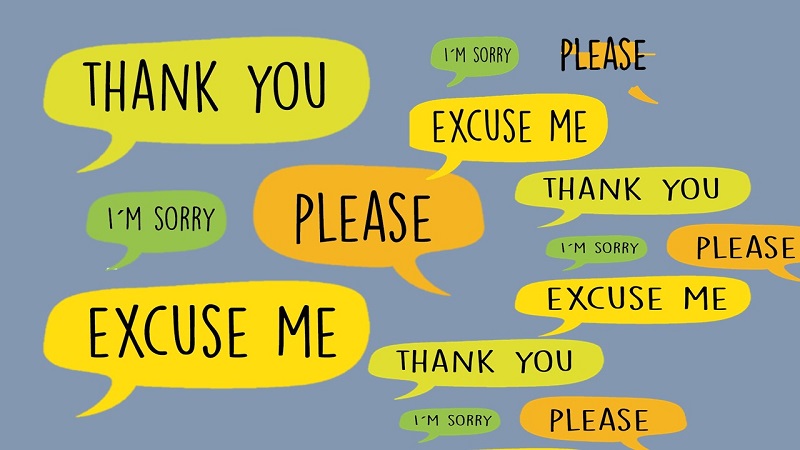Key Differences Between Rebellion and Independence
 Rebellion and Independence
Rebellion and Independence
Rebellion and independence are two concepts that often come into play during the teenage years, as young people navigate the path to adulthood. Although they may appear similar on the surface, they have different underlying motivations and expressions. Understanding the distinction between rebellion and independence can help parents, educators, and caregivers respond appropriately to teenagers’ behavior and guide them through this critical stage of development.
What Is Rebellion?
Rebellion refers to behavior that is deliberately oppositional or defiant against established norms, rules, or authority figures, such as parents, teachers, or society in general. It often involves rejecting expectations and engaging in behaviors that are explicitly discouraged or prohibited.
Characteristics of Rebellion:
- Deliberate Opposition: Rebellion is characterized by a conscious decision to defy authority or reject norms. It often manifests as a refusal to follow rules, challenge curfews, engage in risky behavior, or openly argue with authority figures.
- Emotional Reactivity: Rebellion can be fueled by strong emotions, such as anger, frustration, or a sense of injustice. It might be a reaction to feeling controlled, misunderstood, or unfairly treated.
- Seeking Attention or Control: Teens may rebel to assert control over their lives or to gain attention. By rebelling, they may feel they are reclaiming power in situations where they feel powerless.
- External Influence: Rebellion can be influenced by peer pressure or societal trends. Teens might engage in rebellious behavior to fit in with a particular social group or to emulate admired figures.
Examples of Rebellion:
- Skipping school or failing to complete homework as a protest against academic pressure.
- Engaging in risky behaviors like smoking, drinking, or drug use against parental guidance.
- Dressing in a way that is deliberately provocative or against family expectations.
- Verbally challenging parents or teachers in a confrontational manner.
What Is Independence?
Independence refers to the natural process of developing self-reliance, making personal choices, and taking responsibility for one’s own life. It’s a critical developmental goal during adolescence, as teens prepare to transition into adulthood. Independence involves the ability to think, act, and make decisions autonomously.
Characteristics of Independence:
- Self-Reliance: Independence is about learning to manage one’s own needs, such as handling responsibilities at home, making decisions, and solving problems without relying on others for constant guidance.
- Personal Growth: The pursuit of independence often involves exploring personal interests, developing unique opinions, and forming individual values that may differ from those of parents or peers.
- Responsibility: Independence requires taking responsibility for one’s actions, understanding the consequences of decisions, and learning from mistakes.
- Healthy Autonomy: Independence is about finding a balance between self-expression and respecting rules or guidelines. It’s not about rejecting authority altogether but learning to navigate it with personal agency.
Examples of Independence:
- Choosing extracurricular activities based on personal interests, rather than parental expectations.
- Managing a part-time job, handling money, and budgeting allowances.
- Making decisions about academic subjects or future career paths.
- Taking responsibility for chores, personal hygiene, and time management.
Key Differences Between Rebellion and Independence
- Motivation:
- Rebellion is often driven by a desire to oppose or reject authority, sometimes out of anger, frustration, or the need for attention. It’s reactive and can be a way to express dissatisfaction or gain a sense of control.
- Independence is driven by a desire to grow, learn, and become self-sufficient. It’s proactive and focused on personal development and self-discovery.
- Behavior:
- Rebellion involves behavior that is intentionally defiant or oppositional. It may be risky, confrontational, or involve breaking rules.
- Independence involves responsible decision-making, self-care, and personal growth. It focuses on making informed choices rather than merely opposing others.
- Outcome:
- Rebellion can lead to conflict, strained relationships, and negative consequences, such as disciplinary actions or harm to oneself and others.
- Independence typically leads to increased confidence, self-esteem, and a sense of competence. It fosters maturity and prepares teens for adult responsibilities.
- Emotional Underpinning:
- Rebellion is often associated with negative emotions, such as anger or resentment. It can be a response to feeling controlled, misunderstood, or neglected.
- Independence is associated with positive growth, self-awareness, and personal empowerment. It stems from a desire to be self-reliant and make meaningful contributions.
How to Encourage Independence While Managing Rebellion
- Create Open Communication Channels:
- Encourage your teen to express their thoughts, feelings, and opinions. Listen without judgment and show empathy. Understanding their perspective can help address the root causes of rebellious behavior.
- Set Clear Boundaries and Explain the Reasoning:
- Establish clear, consistent rules and explain the reasons behind them. When teens understand the purpose of rules, they are more likely to respect them.
- Allow Age-Appropriate Independence:
- Give your teen opportunities to make their own decisions in areas that are safe and reasonable. Gradually increase their responsibilities, such as letting them manage their schedule, choose their clothes, or make decisions about their social life.
- Encourage Healthy Risk-Taking:
- Support activities that allow teens to take calculated risks, such as trying new sports, hobbies, or leadership roles. These experiences help them build confidence and learn to navigate challenges.
- Teach Problem-Solving Skills:
- Help your teen develop critical thinking and problem-solving skills. Encourage them to think through the consequences of their actions and to consider alternatives when making decisions.
- Model Independence and Responsibility:
- Be a role model by demonstrating independence and responsible behavior in your own life. Show how to handle stress, make decisions, and take accountability for actions.
- Reinforce Positive Behavior:
- Recognize and praise efforts towards independence, such as completing chores, managing time effectively, or making thoughtful decisions. Positive reinforcement can motivate teens to continue on a path of personal growth.
- Be Patient and Supportive:
- Understand that rebellion and the quest for independence are part of adolescent development. Be patient, provide guidance, and offer support as your teen navigates these complex emotions and behaviors.
Conclusion
Rebellion and independence are natural parts of the teenage experience, reflecting their desire to establish their own identity and autonomy. While rebellion can be challenging, understanding its underlying causes and distinguishing it from the healthy pursuit of independence can help parents and caregivers respond more effectively. By fostering open communication, setting clear boundaries, and encouraging responsible independence, adults can support teens in developing into confident, capable, and self-aware individuals.





















Post Comment